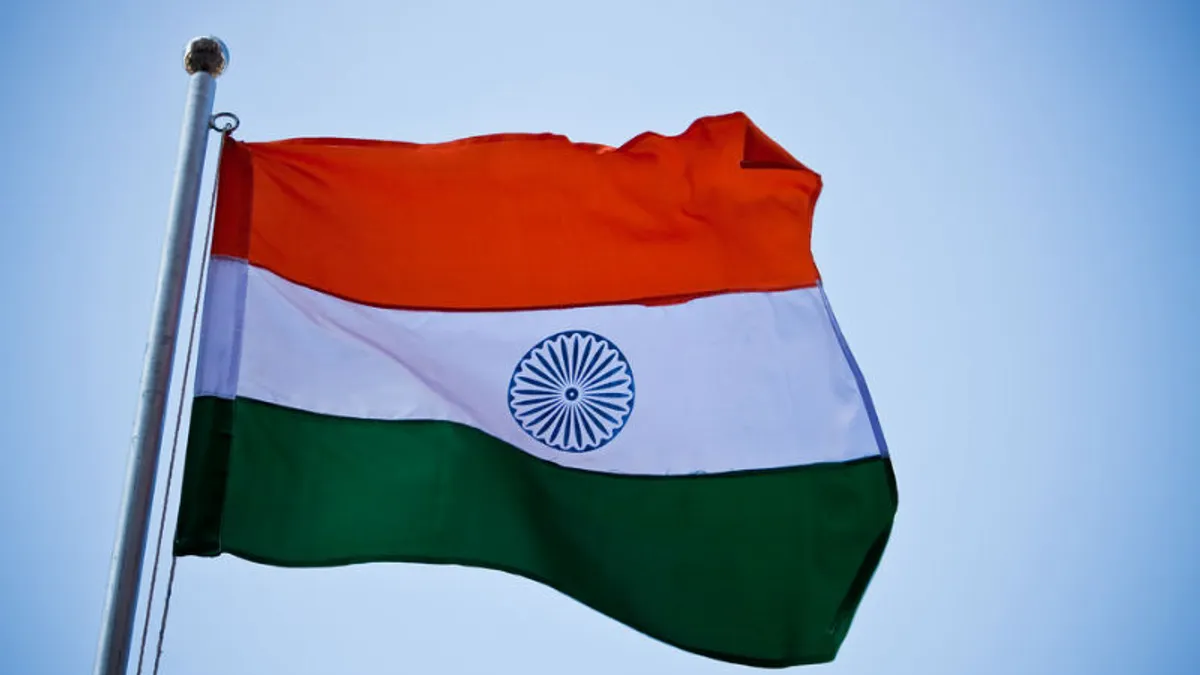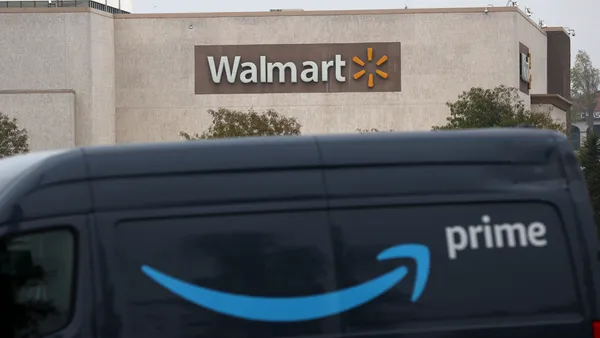Dive Brief:
- Maersk Line is increasing its end-to-end cold chain service to and from India in hopes of tapping into the country's growing reefer cargo market, JOC.com reported.
- Maersk has been continually expanding its cold chain presence in India, and with the port of Jawaharlal Nehru Port Trust (JNPT) struggling with capacity and trucking shortages, the carrier sees an opportunity for its services to gain market share.
- Maersk is optimistic about India’s plan for growth, believing that the country’s container trade is resilient and will recover from trade-inhibiting regulatory issues dampening the January-to-March quarter and benefit from strengthening global trade.
Dive Insight:
The cold chain is growing internationally as changing economies boost purchasing power around the world. With the cold chain's demand for precision and visibility to go along with tightly controlled temperatures, Maersk's size and scale enable them to lead the way and take advantage of market inefficiencies, particularly in a country as large and diverse as India.
According to a 2016 report by Zion Research, India and China were expected to drive global cold chain expansion in part due to the growing pharmaceutical and perishables market. Accordingly, in June, Maersk launched its enhanced Remote Control Management (RCM) tool for maintaining temperatures within reefers traveling long distances to bring produce, perishables such as flowers, and occasionally, precision medication to the Asia-Pacific region.
Currently, the global cold chain market is expected to reach $426.2 billion in revenue by 2022, thanks in part to rising investments in temperature-control infrastructure and technologies, according to a report by QY Research Groups. Revenue of that magnitude demonstrates a compound annual growth rate (CAGR) of 13.9% from its 2014 level of $110.20 billion in 2014.
Thanks to such appealingly high numbers, various others carriers entering the cold chain arena, both within the Asia-Pacific market and worldwide. In fact, investment in cold chain transportation services is growing so quickly, it could be called an arms race.














